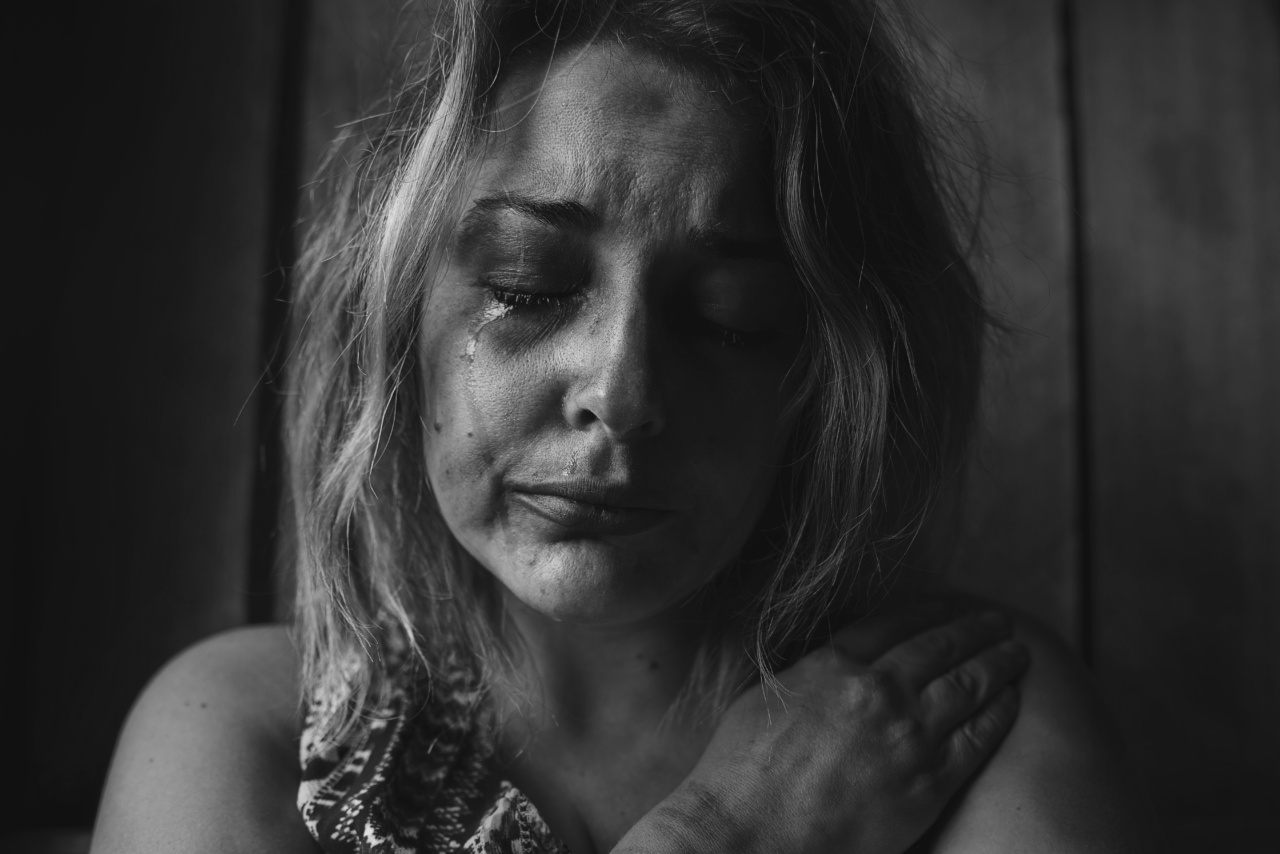Depression is a common mental health disorder that affects millions of people worldwide, especially the older adults.
Although there are various risk factors that contribute to depression, hormonal imbalance is also one of the important factors that cannot be ignored.
What is Depression?
Depression is a mood disorder that causes persistent feelings of sadness, lack of interest, and hopelessness. It affects how a person feels, thinks, and behaves and can lead to other physical and emotional problems as well.
In most cases, depression is treatable, and most people are able to recover fully.
How Does Depression Affect Older Adults?
Depression can affect people of any age group, but it is more common in older adults. It can be caused due to various factors, such as chronic health conditions, social isolation, and diminished quality of life.
Depression in older adults can also be attributed to hormonal changes. As people age, the level of hormones, such as testosterone, estrogen, and progesterone, decreases, which can lead to a hormonal imbalance and cause depressive symptoms.
How Hormonal Imbalance Affect Depression in Older Adults?
Hormones play an essential role in regulating the physical and emotional health of a person. Any imbalance in the hormones can lead to a variety of symptoms, such as mood changes, anxiety, and depression.
In older adults, the hormonal changes can cause symptoms that are similar to those of depression. For example, the decline in estrogen levels in women after menopause can lead to hot flashes, mood swings, and increased risk of depression.
In men, the decline in testosterone levels can cause fatigue, irritability, and reduced sex drive, which can also lead to depression.
Treatment Options for Depression in Older Adults with Hormonal Imbalance
There are various treatment options available for depression in older adults, including hormonal therapy, antidepressants, and psychotherapy.
Hormonal therapy involves replacing the deficient hormones with synthetic hormones, which can help in reducing the depressive symptoms. Antidepressants are medications that are prescribed to help alleviate depressive symptoms. Psychotherapy involves talking to a mental health professional who can provide support, guidance, and counseling for depression.
Preventive Measures
There are various preventive measures that can help in reducing the risk of depression in older adults with hormonal imbalances. Some of them are:.
- Regular physical exercise
- Healthy diet
- Adequate sleep
- Stress management techniques, such as meditation, yoga, and deep breathing
- Regular medical check-ups to monitor hormonal levels and other health conditions
Conclusion
Depression is a common mental health disorder that affects people of all ages, including older adults. Hormonal imbalance, especially in older adults, can lead to depressive symptoms.
It is essential to identify and manage the hormonal imbalances in older adults to reduce the risk of depression. With proper treatment and preventive measures, depression can be managed effectively, and most people are able to recover fully.































